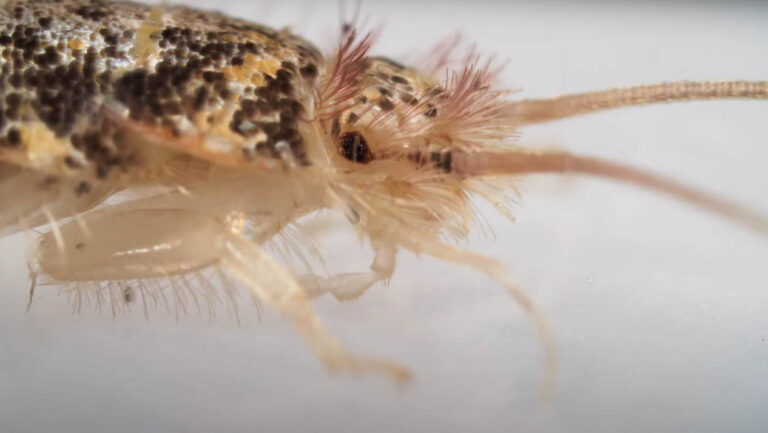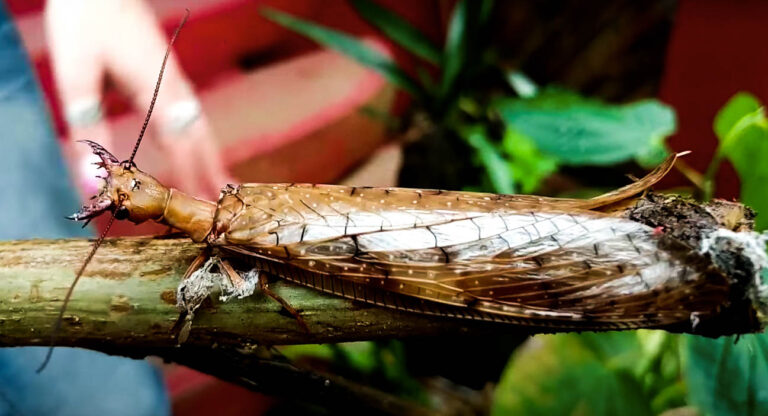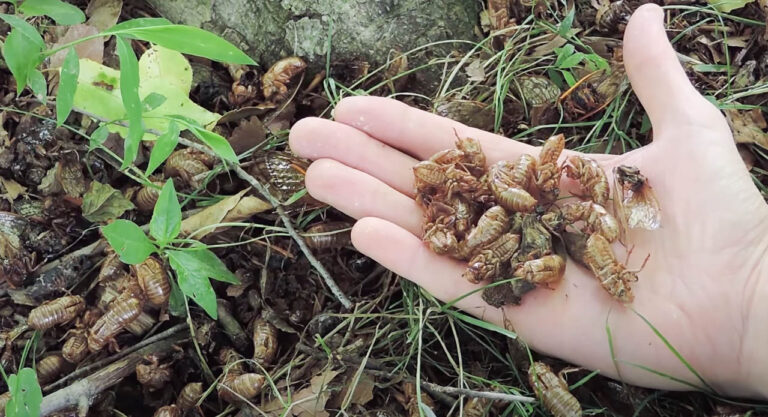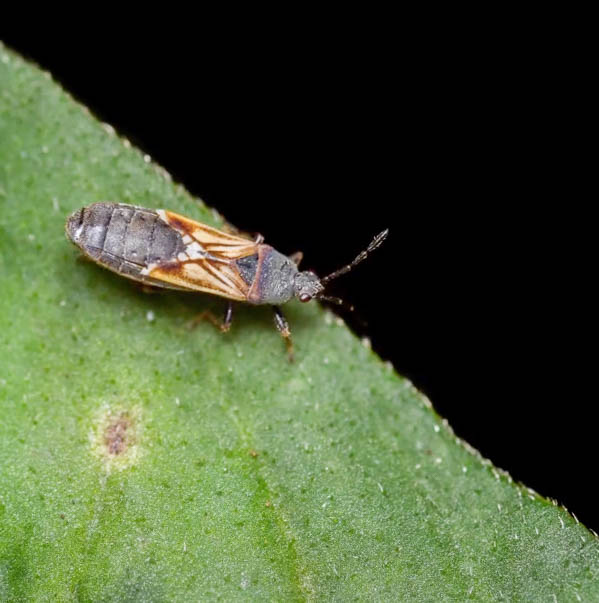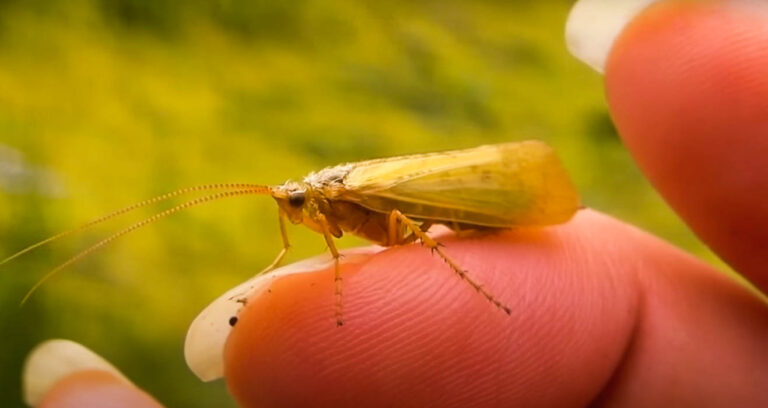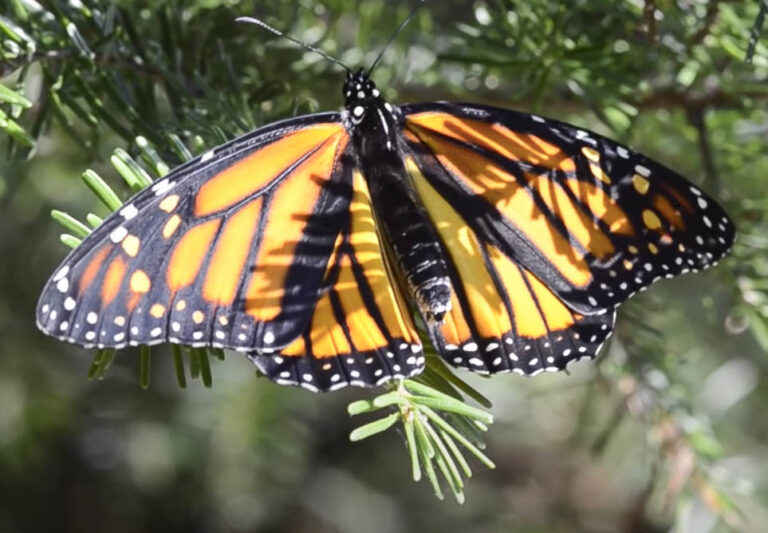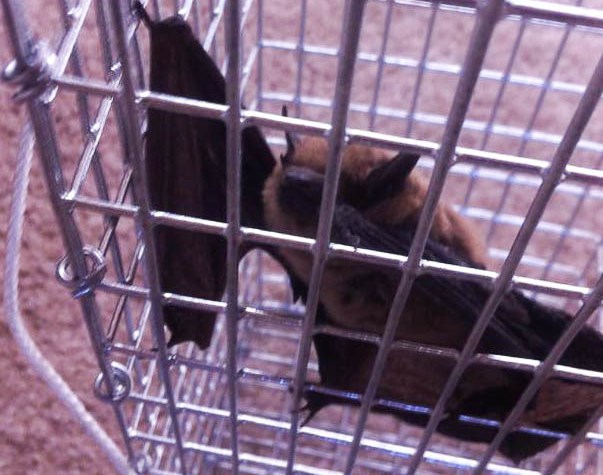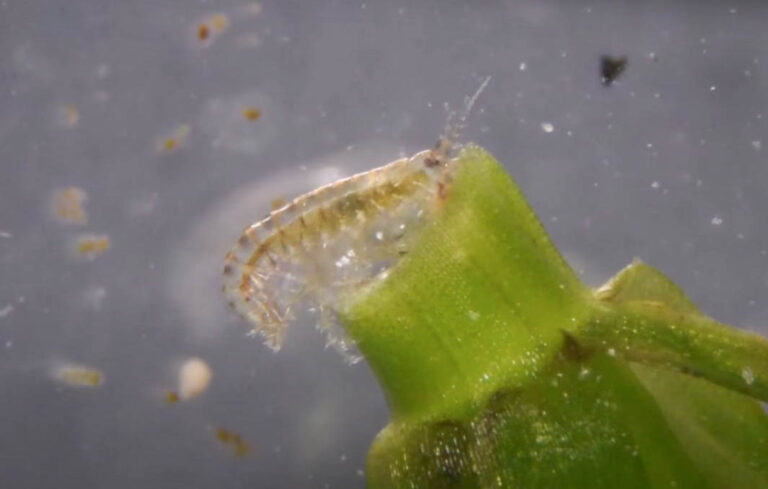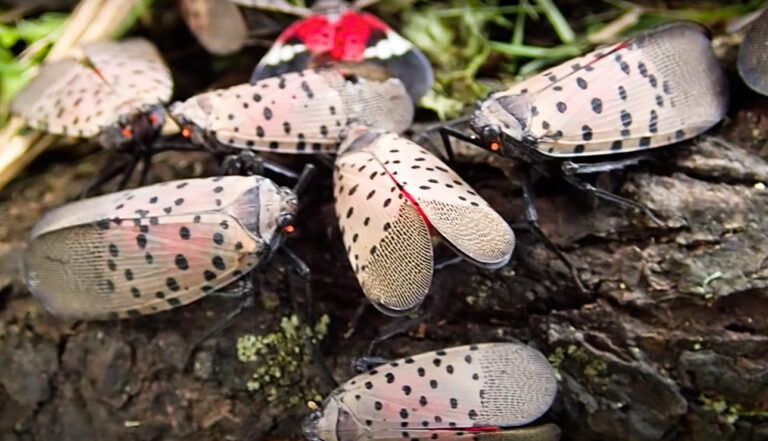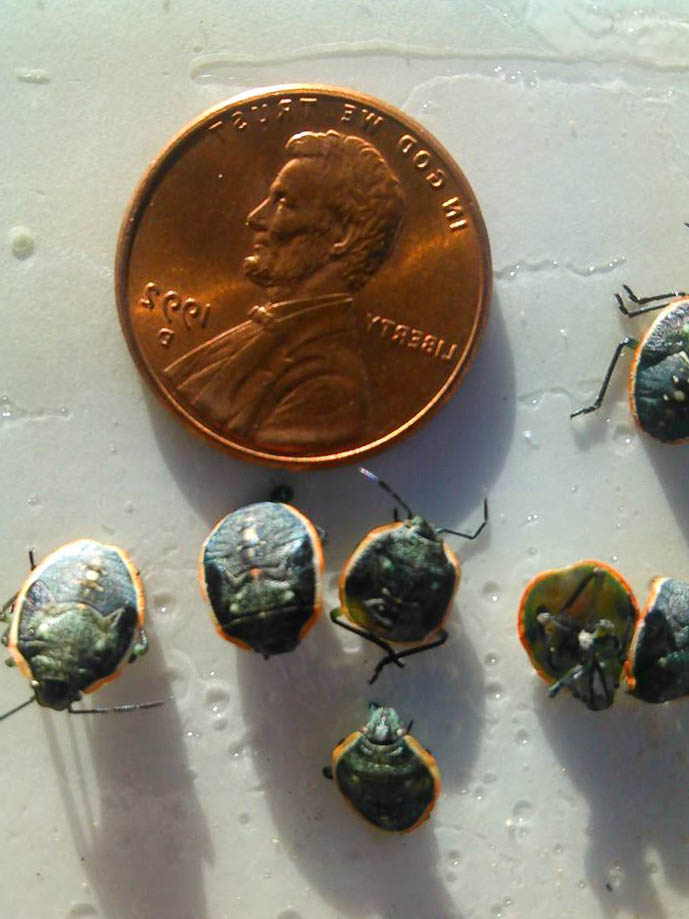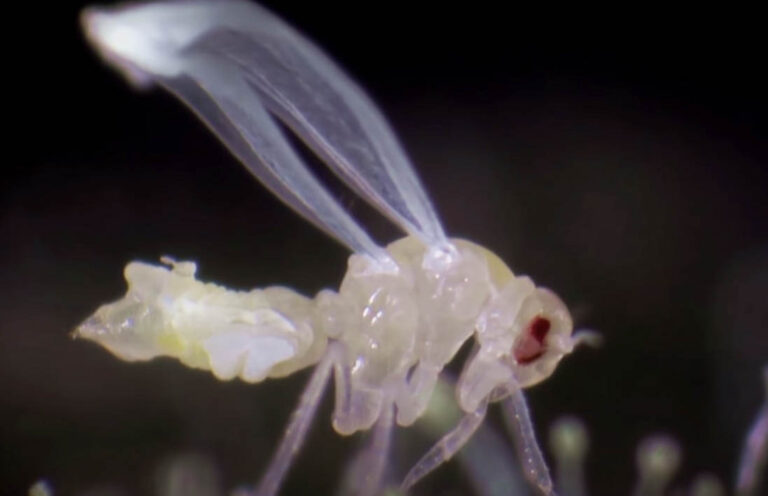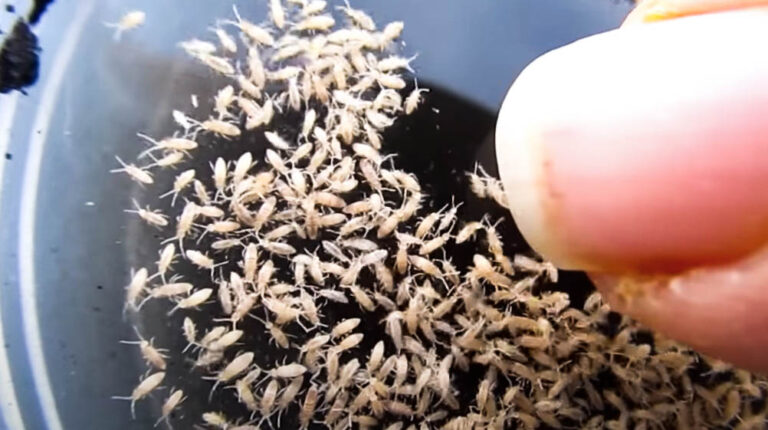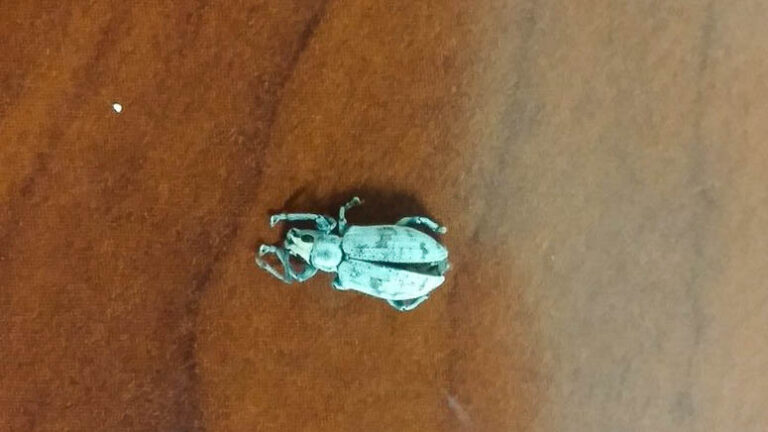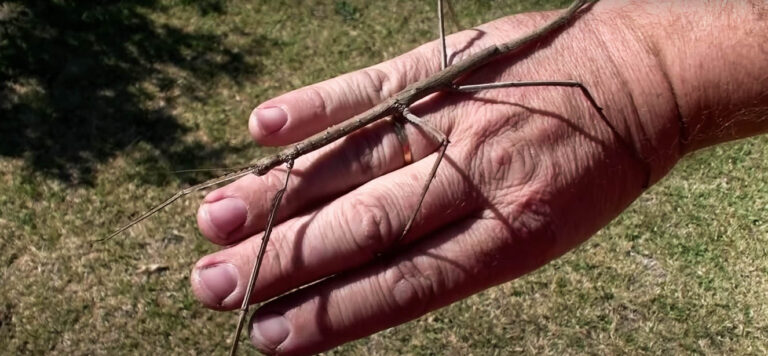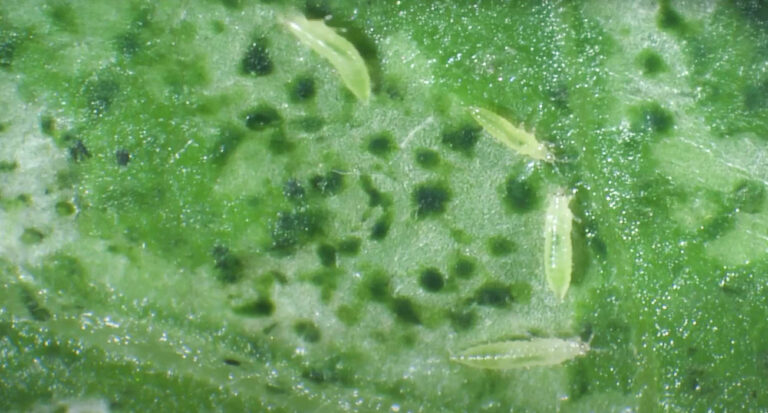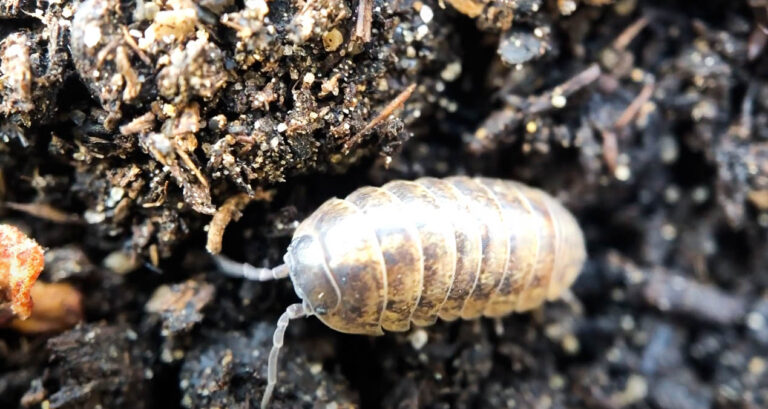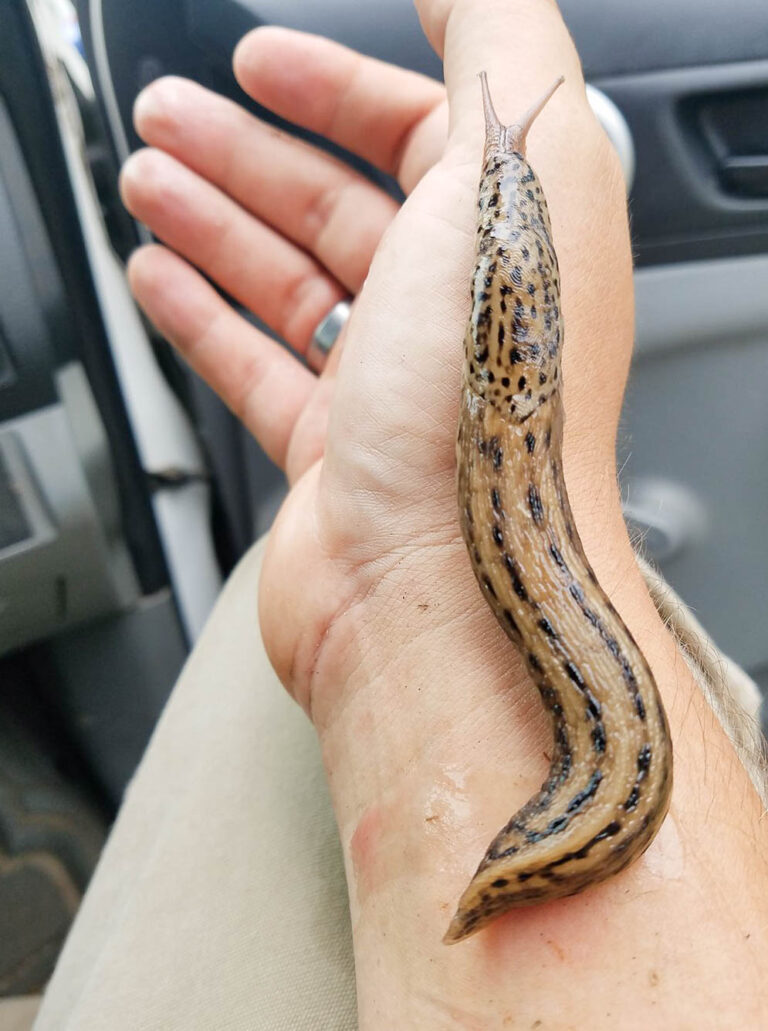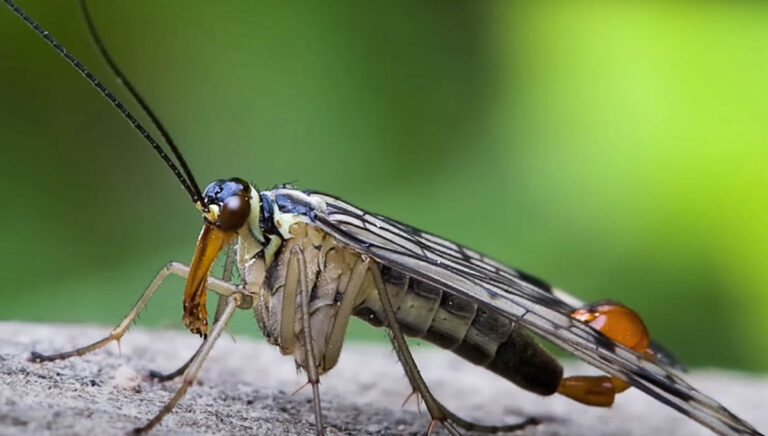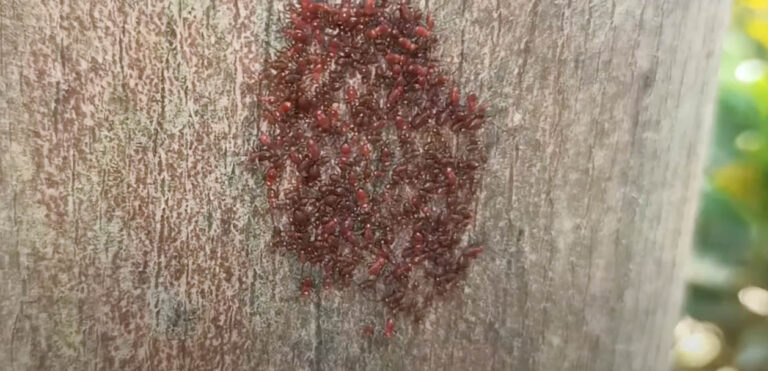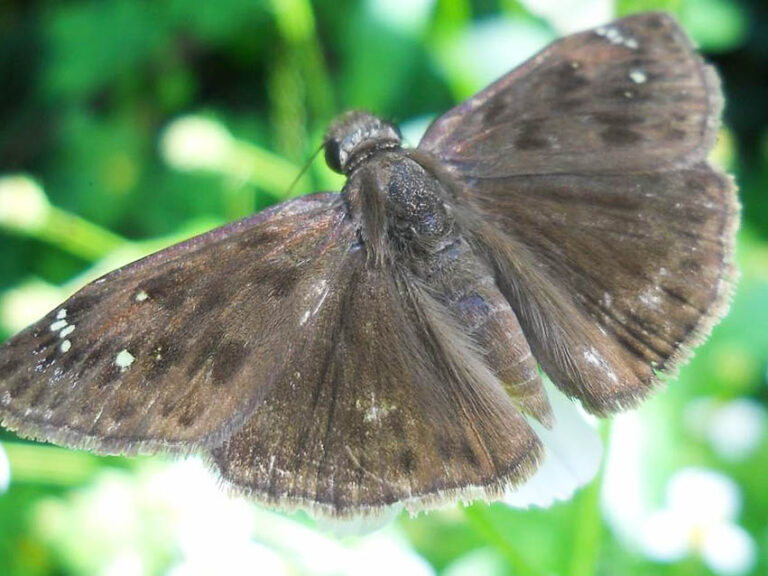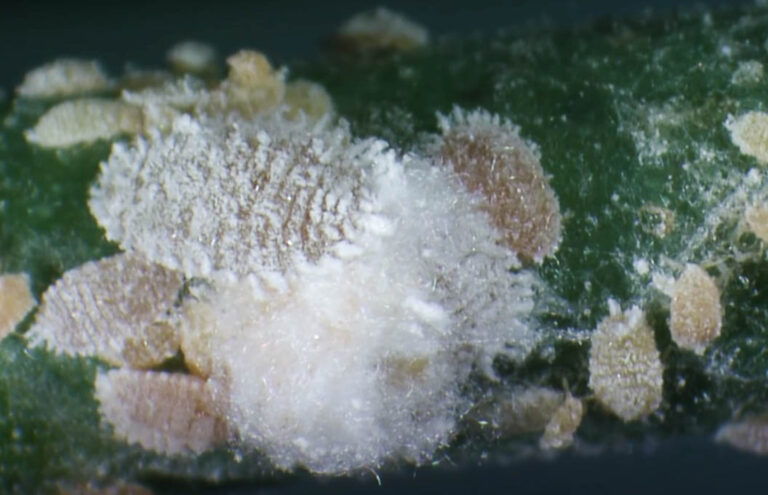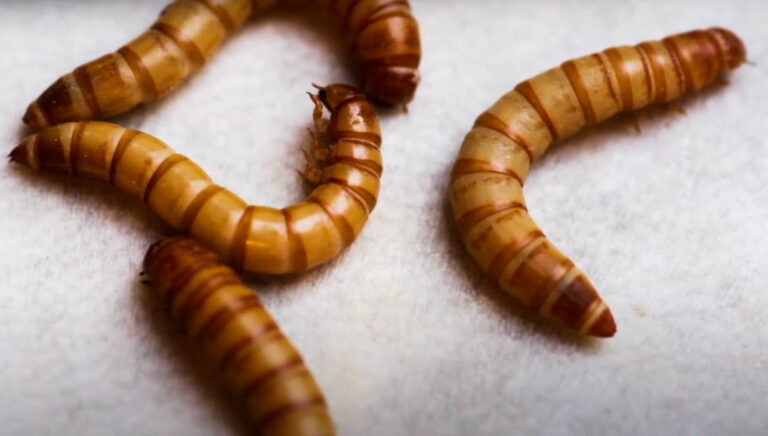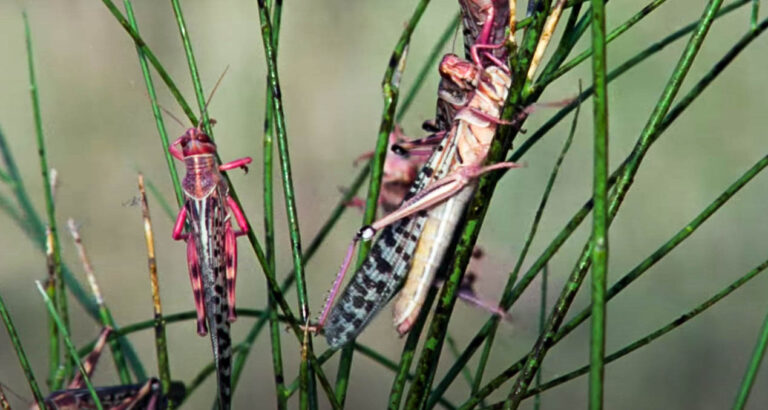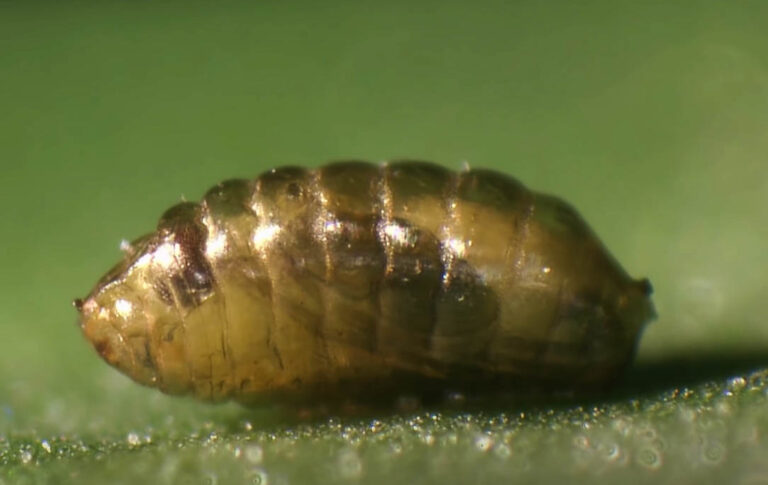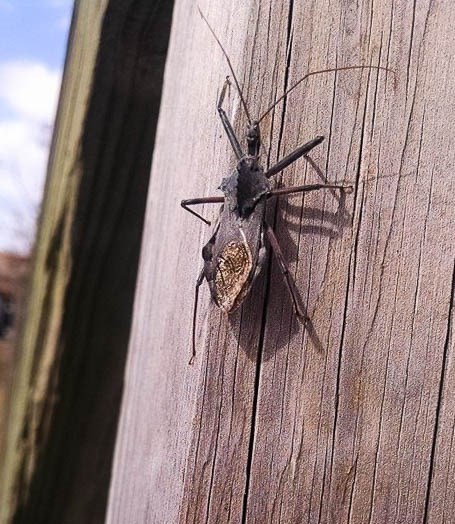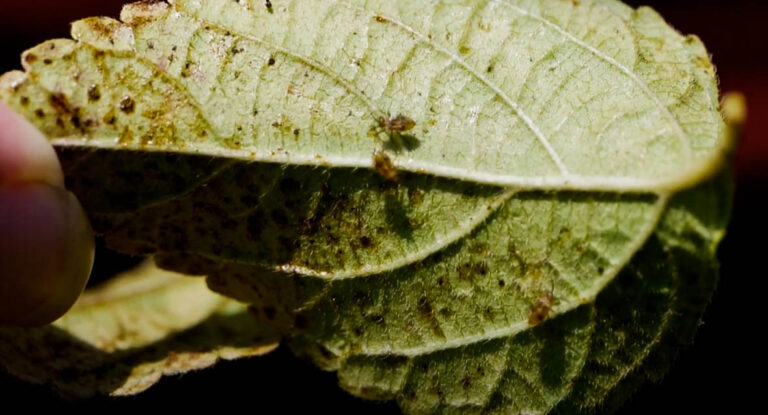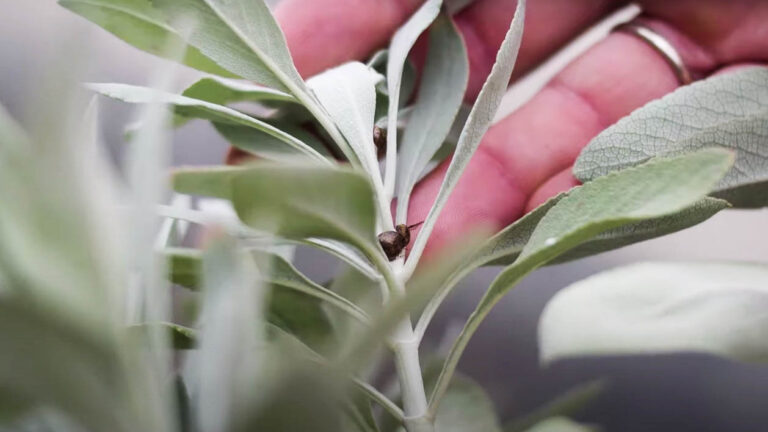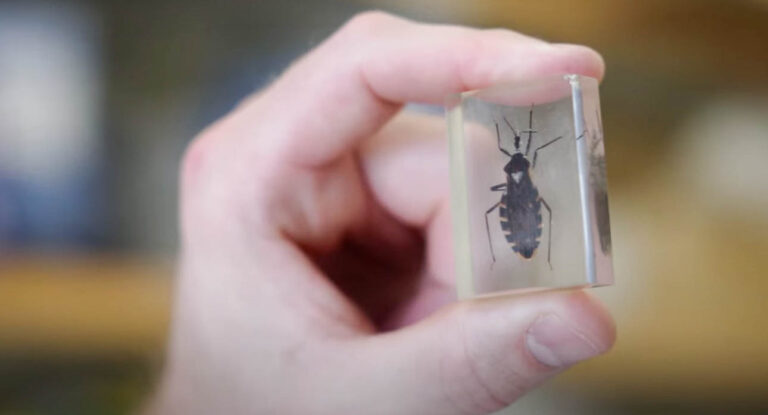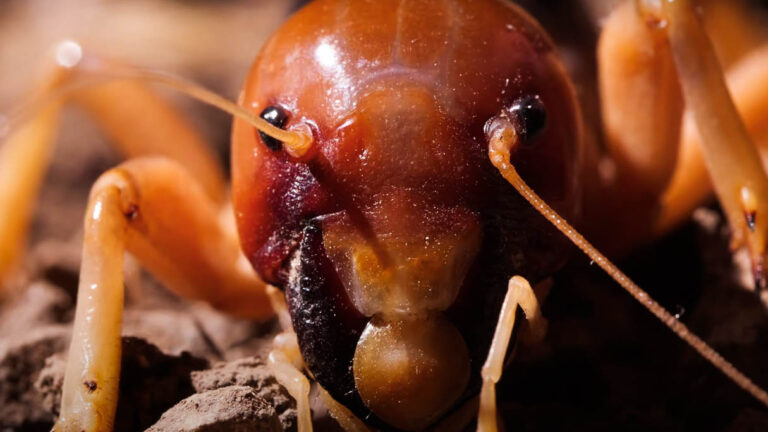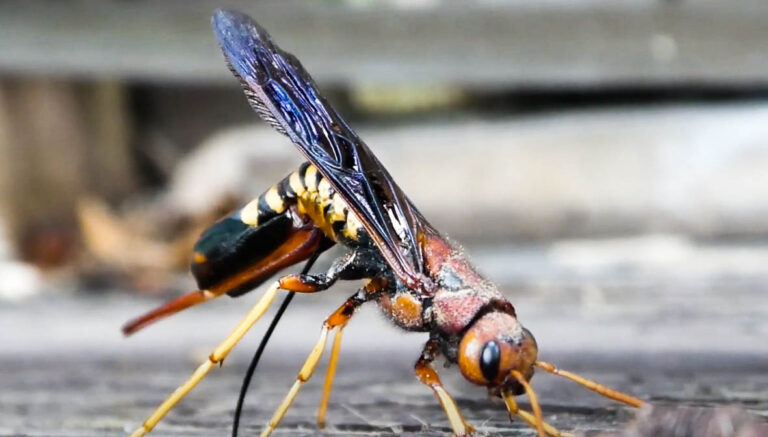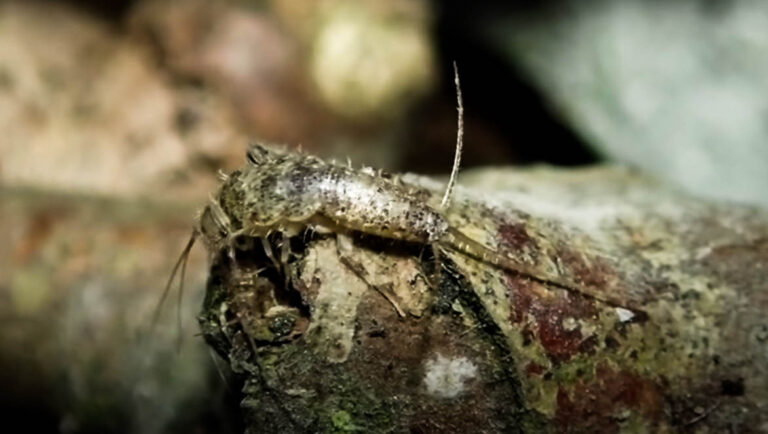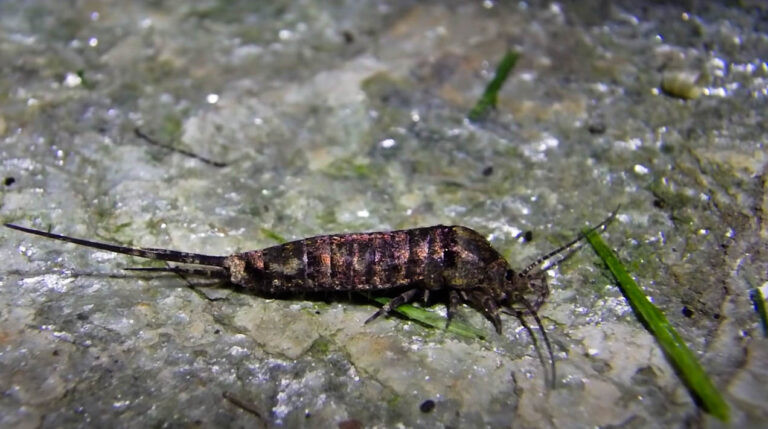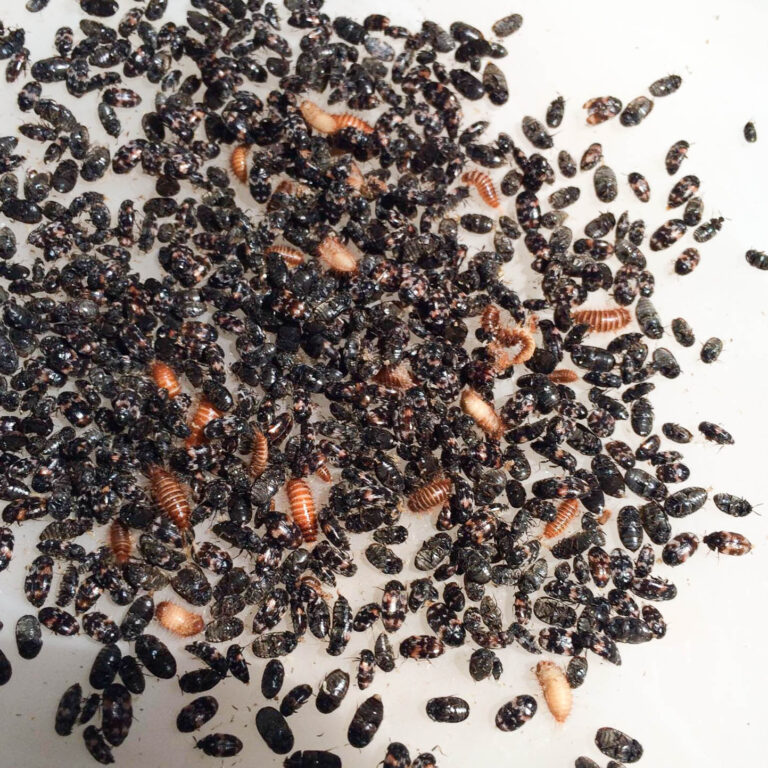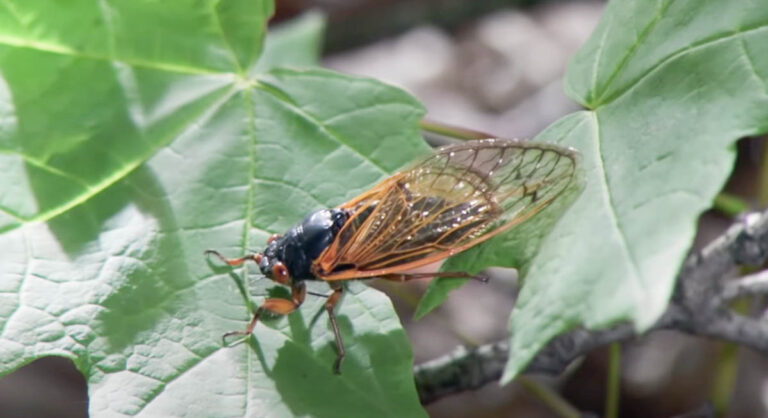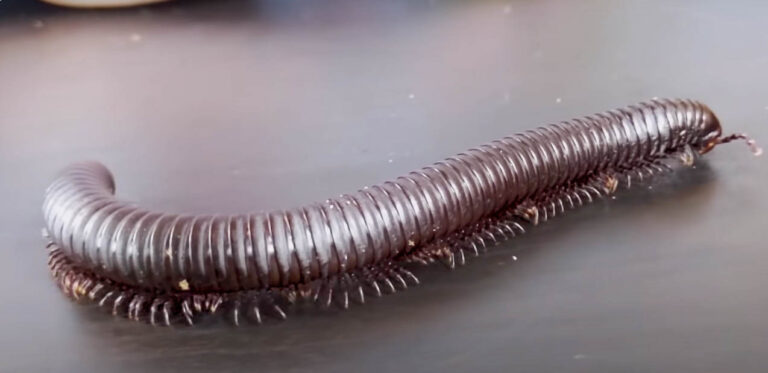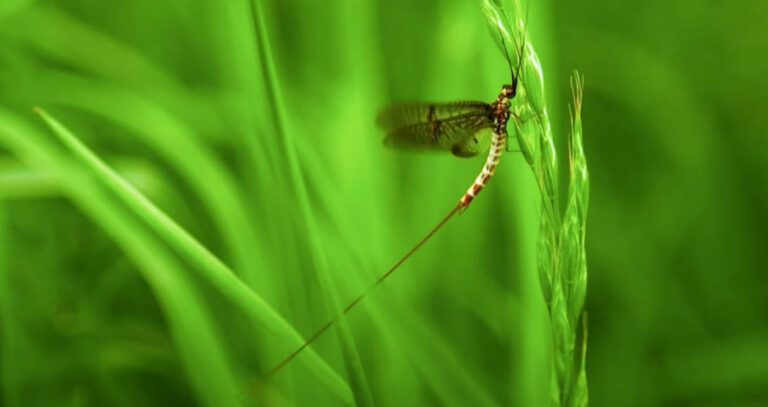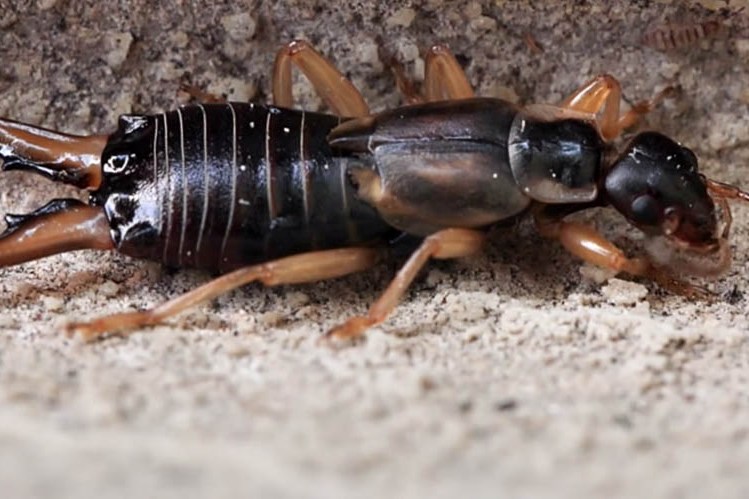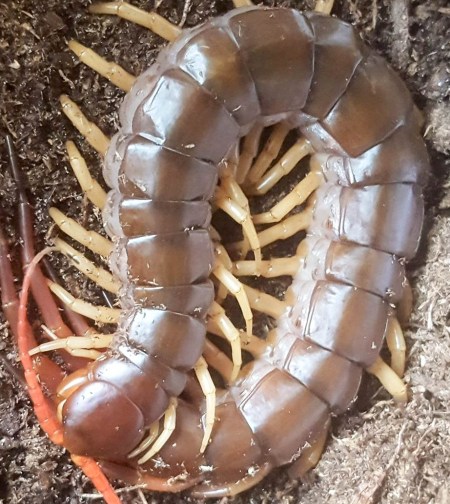About Cicadas
About Cicadas
Often incorrectly referred to as locusts, cicadas are famous for shedding their skin on trees, houses, and even the ground. Many people find cicadas to be serious nuisance bugs for multiple reasons. Continue reading to find out more about the cicada and how to get rid of it.
Appearance
There are several different varieties of cicadas, however most of them measure anywhere between two to three inches in length. They have distinctive round bodies that are quite bulky if you look at them closely. They have large heads with big eyes on the side of their heads that seem like they are protruding from their head. Cicadas are equipped with large wings that are generally clear and have no color. Periodical cicadas (cicadas that emerge in 13 or 17-year intervals) are black in color with huge red-orange eyes and orange-tinged wings. Annual cicadas (cicadas that come around every year) are a dark green color with various black markings.
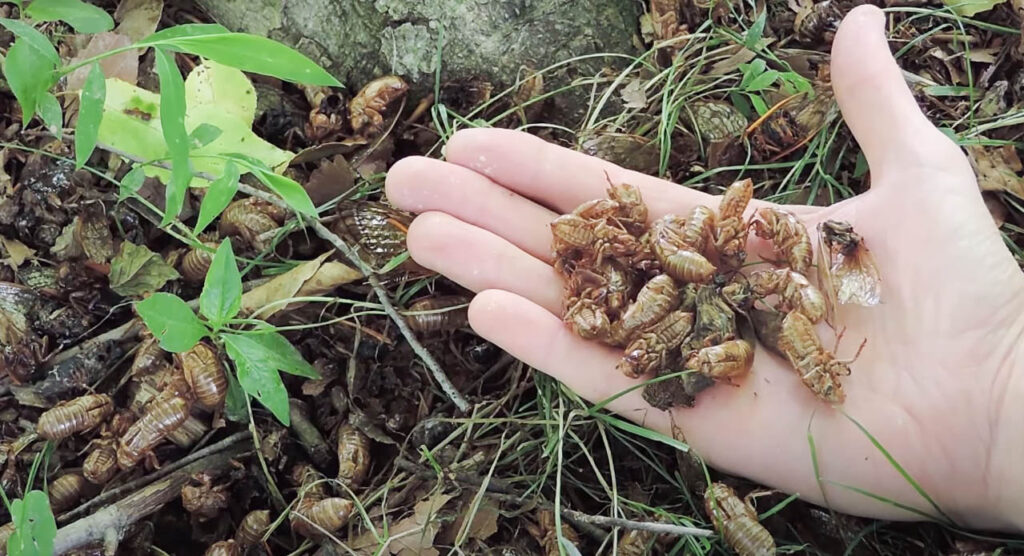
Behavior
One of the most defining characteristics of cicadas is the loud noises they make. Also referred to as “singing”, it is possible to hear the noise from a half of a mile away. The cicada life cycle is one of their most variable behavioral characteristics. Generally, all cicadas start out as eggs put into plants and trees until they hatch. Once they hatch, they are called nymphs, and they will bury themselves into the ground until they have reached adulthood. Depending on the species, it can be a year to twenty years before the nymphs reach adulthood. Once they are adults, they have months to live. Most of a cicada’s life is spent below the ground in the nymph stage. While there, they will take sap from plants’ roots, possibly causing the plant to not grow anymore. Once they have emerged, they go through a “molting” process, which is where they lose their exoskeleton.
Habitat
When cicadas are in their nymph stage they do not have a choice in habitat, as they like to be burrowed below the ground and feed on plant roots where they were born. As they grow, they move farther below the surface, getting to larger roots. Once they have become adults they climb the nearest tree or shrub and shed their skin. Once cicadas are adults, they can choose their habitat. Adults will generally prefer trees, woody shrubs, and other hardy plants. They also seem to have a propensity for deciduous trees rather than coniferous trees. They will generally stay out of homes, as they would not be able to survive in a house.
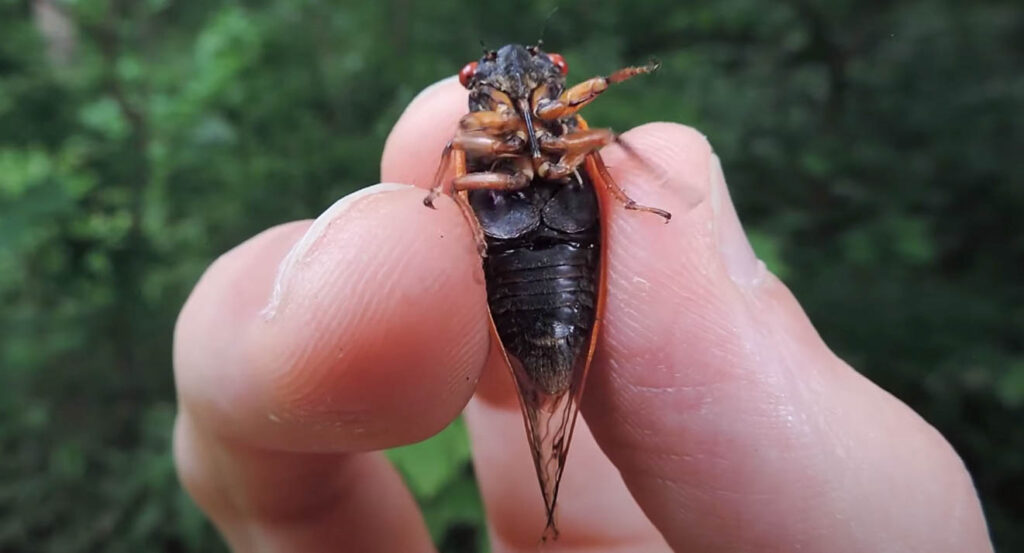
Damage They Cause
Cicadas do not damage homes or people’s belongings, as they only really damage vegetation. They are also not harmful to humans, as they will not bite you and they do not carry diseases. More often than not, cicadas will not cause very much damage to trees and plants in your yard. The most damage they could cause is taking some of the nutrients from plants’ roots in their nymph stage, which is fairly inconsequential most of the time. One of the biggest issues humans may have with cicadas is the loud noises they make. Some people find it calming but others find it incredibly annoying and want the cicadas removed.
Infestation Signs
It is very unlikely that you would get a cicada infestation in your home or buildings, as they will not be able to reproduce inside. However, it is possible that your yard could have a cicada infestation. The telltale sign of this would be the loud singing they do. Another big giveaway would be the exoskeletons that they shed. If you do not see any cicadas or do not hear them, it is likely that you do not have an infestation at all.
How to Get Rid of Them
Luckily, adult cicadas only last about four weeks at the longest, so it is likely that the problem will take care of itself. If you cannot stand the noise of cicadas or their exoskeletons everywhere get on your nerves, you do have options. If you want to get rid of cicadas, your best bet is to call a professional pest control specialist, as cicadas can sometimes be a tricky insect to try to take care of on your own.

